Protect the planet with the Met Office!
All about Earth’s wildest weather – and how you can help look after the planet…
You might guess that the UK’s national weather service, the Met Office, spends a lot of time studying, well, weather! But did you know they do lots of work on climate change too?
Find out how Earth’s weather systems are changing, and what YOU can do to help protect our planet…
What is extreme weather?
Can you think of a time where it was hotter or rainier than ever before? That might have been a day of extreme weather!
Extreme conditions happen when weather is unusually severe. That means intense hot weather; super-heavy rainfall that causes flooding, and huge wind or snowstorms, as well as things like hurricanes and tornadoes.
These events can have serious impacts on local communities. Houses and buildings may be damaged, crops can be destroyed and, in extreme cases, people can lose their lives.
Scientists have noticed more and more extreme weather events happening in the last few decades. As climate change warms our planet, it’s affecting the global climate system – making weather weirder, wilder and more unpredictable.
Enter the Met Office!
Fortunately, organisations all over the world are studying extreme weather and figuring out how to keep us safe. Here in the UK, a lot of that work includes the Met Office! As well as telling us what the weather will be in the next few days, their complex climate models can predict what conditions might be like decades into the future…
So, what are the Met Office up to? Well, they issue weather warnings for upcoming extreme weather like heavy rainfall, heatwaves and ice, giving people a chance to prepare. They also try to predict how severe these events might be.
Then, when the extreme weather happens, they collect loads of information about the temperature, rainfall and windspeed. This is all passed on to other scientists and engineers, who use it to decide how to build structures like buildings, bridges and roads, that can withstand extreme conditions in the future. Cool!
What can YOU do to help?
While the scientists work on worldwide solutions, we can all help protect the planet by living in a more eco–friendly way.
Here are four simple, everyday actions from the Met Office, all designed to help reduce emissions and protect our planet! Try one new action every week – and encourage your family to join in too.
1. Find new ways to travel
How do you get from place to place? If the answer is always, “in the car”, then it’s time to think about a change! For short journeys, try walking or cycling. It might take a bit longer, but you’ll spend more time in nature – and help the planet, too!
If it’s too far to travel under your own steam, ask your parents if you can try using public transport like buses and trains, rather than going in the car. Or see if you can team up with a friend and travel together.
2. Become a food hero
You probably know that eating a healthy, balanced diet is important for your health. But what you choose to snack on can impact the planet’s health, too!
Some foods travel all over the world to end up on your plate – which results in a lot of climate-change-causing emissions. So, when you can, choose locally-grown snacks that come from somewhere near you. Eating seasonal fruit and veg, like strawberries in summer and carrots in winter, can help too.
3. Reduce, reuse, recycle
Have you ever thought about where your things come from? Whether it’s a new lunchbox, funky-coloured football or cool trainers, everything has to be made, transported and packed – and that uses lots of energy.
While getting new stuff is exciting, you can protect the planet by only getting things you really need, and making them last as long as possible. If something breaks, think about how you can fix it. Can you ask someone to show you how to mend a hole in your top or repair a broken toy, rather than getting a new one?
If repairing isn’t an option, see if you can reuse the item, or upcycle it into something new! And if it truly can’t be used again, donate or recycle it rather than chucking it in the bin.
4. Spread the word!
Small actions add up when it comes to protecting the planet – so tell people what you’re doing, and encourage them to join in!
Ask your family to look for community activities in the local area that you can help with, like litter picking or tree planting. Ask your teacher if your school could get involved, too!
Find out more about the Met Office at metoffice.gov.uk
Do you know any more ways to help protect the planet? Share them in the comments below!
Images © Adobe Stock
More Like Physical Geography
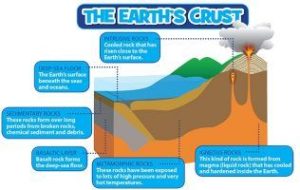
Structure of the Earth!
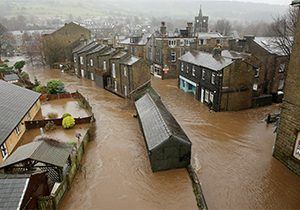
Kids reveal their experiences of the Boxing Day floods
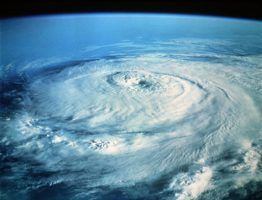
10 Facts about Hurricanes!
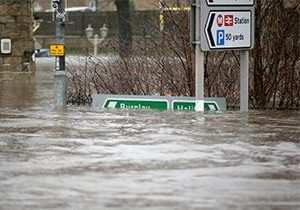




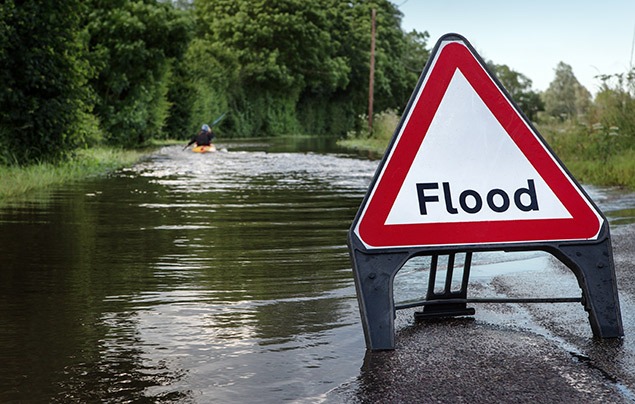
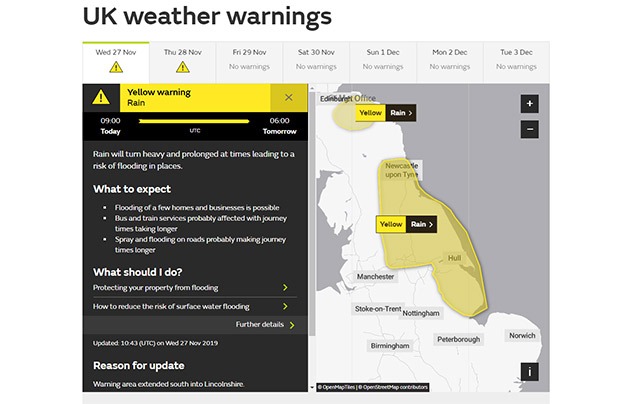


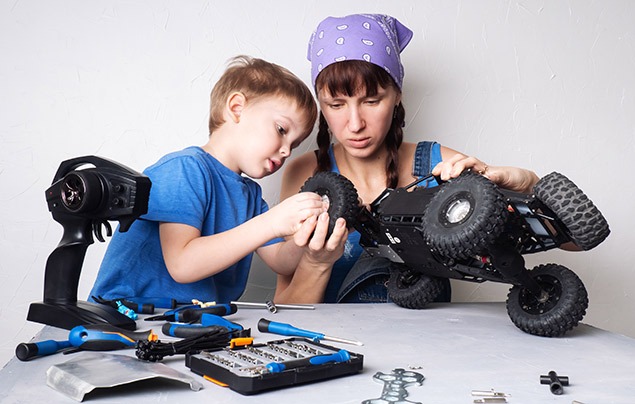
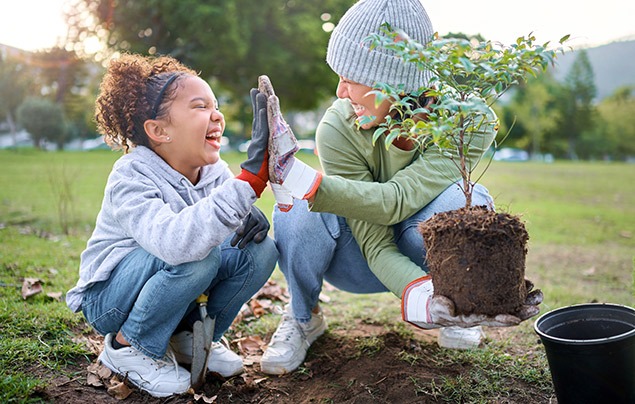




LEAVE A COMMENT
THANK YOU
Your comment will be checked and approved shortly.
WELL DONE,
YOUR COMMENT
HAS BEEN ADDED!
COMMENTS
this is so coool
Coooooooooooooooooooooooooooooooooool
I love it!
oh very cool
slayyyyyyyyyyyy
cooooooooooooooooooooooooooool
Coool
Cooooooool.
good and all but is there one that talks about all natural disasters?
so fun
I love this W.E.B it helps me out a lot.
cool fun
hi oooooooo
coooooooooooooooooooooooooooooooooooooooooooooooooooooooooooooooooool
so cooooooooooooooooooooooooooooooooooooooooooooooooooooooooooooooooooooooooooooooooooooooooooooooooooooooooooooooooooooooooooooooooooooooooooooool.
cooooooooooooooooooooooooooooooooooooooooooooooooooool
So cool dood
hi
I love it
I love it!! it help me alot
wowwowowoowowowoowowoowowowowoowowoowowow sosooooosososososoos cooooooooooolollololol
hi
I don’t have a car so I can’t use one!
We need to make a difference
I love your website
Woah! I made my Broken shirt into new shorts
Don,t cut down trees!!
hi
Hi I like the website
Hello
CUSTOMIZE YOUR AVATAR